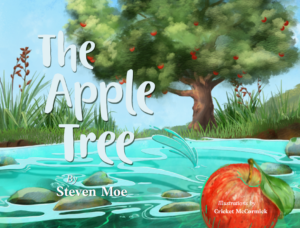Kia ora All,
Like all of you, I am ready for a break and fly out – today! I am ready for the holidays. But we have been putting out some impact team content recently so sharing as may help you.
Videos:
- The Seeds Impact Conference brought 100 speakers and 29 sessions together – all the videos are now up here
- A session we held for Startups on Capital Raising or it is at our Capital Raising and Startups information hub
- Recent video we did on Community Housing options, which is here on youtube, or at our Community Housing Information Hub here
- Video of Incorporated Societies sessions are loaded up each month here at our Incorporated Societies Information Hub (we hold these free sessions once a month)
- Not a video, but “Board Matters” is a podcast for the IOD featuring governance conversations with 7 leading directors https://open.spotify.com/show/6aHNCIYEOwqoghkGlwKruU
Articles:
- Changes for Charities in revised Charities Act – this is split into Part 1 and Part 2
- For companies, there is an article on Non Disclosure Agreements – key points to look out for
- Governance related, Moving, Seconding, but Why? Article published by the IOD that I co-wrote with Mele Wendt and Caren Rangi
- An FAQ for startups at the Capital Raising and Startups information hub
- Regarding Community Housing, this is an article on Community Housing Providers: What are the benefits of registering as one? and How do you register?
- An article about Schooling in New Zealand
Upcoming sessions:
- Free “Startups questions answered” in February, signups here https://events.humanitix.com/answeringyourlegalquestions
- Incorporated Societies session end of January https://events.humanitix.com/incorporated-societies-navigating-re-registration-axhgg39o
And a Book!
My colleague Kris has done a fantastic job on creating a book for State Integrated and Private Schools and there is now an “Information Hub” with articles and more for them.
You can find out more at this link: https://www.parryfield.com/schools-education-information-hub/

And another book! Though not legal this time – the Apple Tree is a picture book for adults, to encourage people like you – makes for great presents, let me know if you’d like a copy – $20 each or 3 for $50 – info https://theseeds.nz/books/the-apple-tree/ includes a video of reading it out.

And a picture of the team to finish off!


